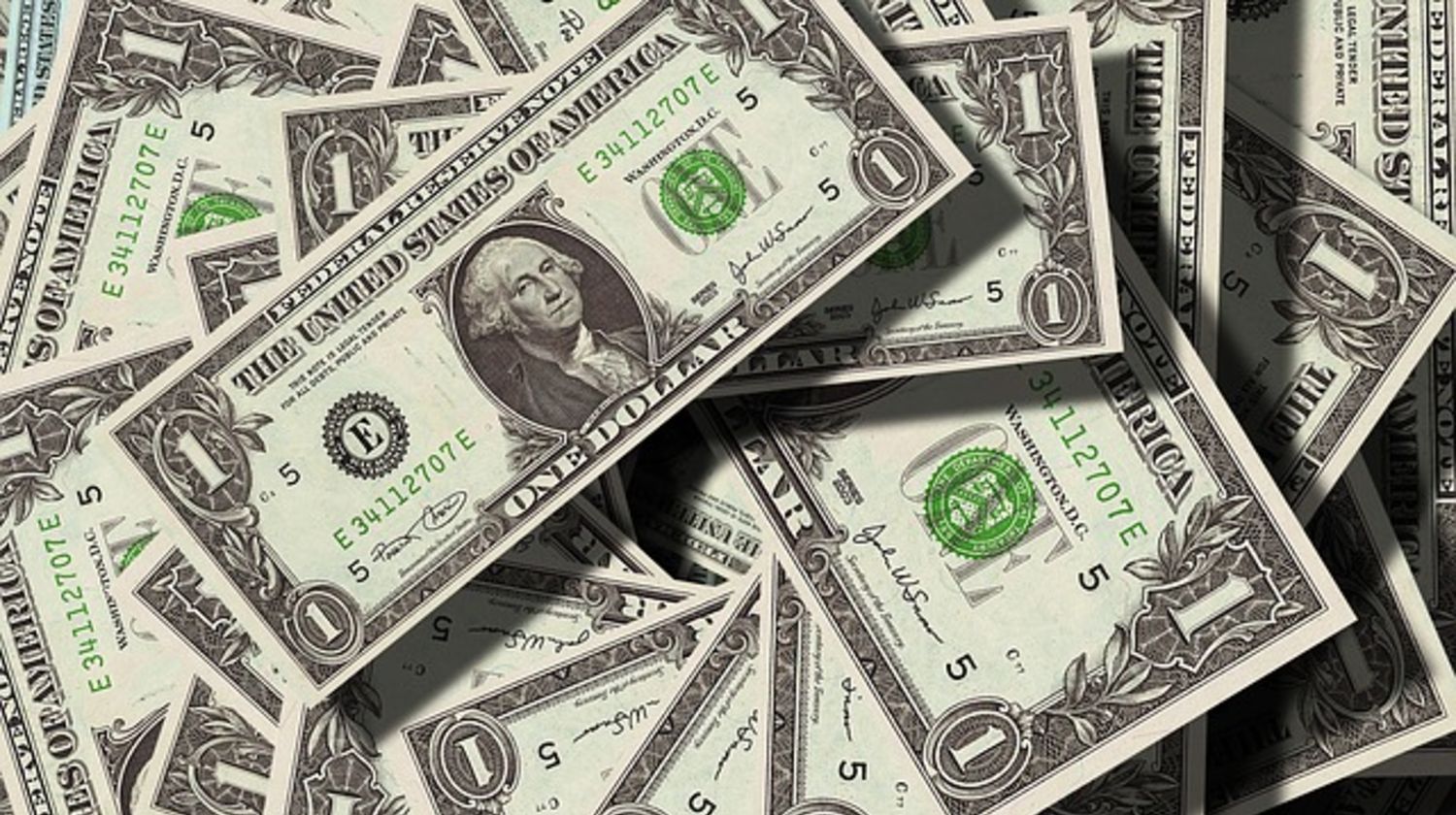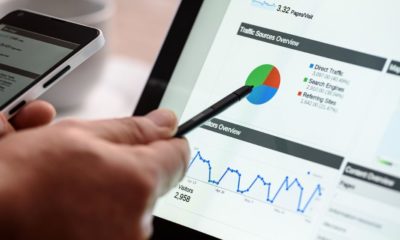Currency Trading
How to Invest in Currencies: Full Guide Part 1

Getting Started
• United States: National Futures Association (NFA) and Commodity Futures Trading Commission (CFTC)
• United Kingdom: Financial Services Authority (FSA)
• Australia: Australian Securities and Investment Commission (ASIC)
• Switzerland: Swiss Federal Banking Commission (SFBC)
• Germany: Bundesanstalt für Finanzdienstleistungsaufsicht (BaFIN)
• France: Autorité des Marchés Financiers (AMF)
Individual investors can decide to go it alone or seek the professional guidance of a broker as there are a lot of actively managed funds and indexed offerings in this sector. If you (or your broker) are willing to search hard enough there’s a good chance you’ll find an index which mimics what you may have wanted to do in an individual trade. Many investors like this aspect of risk management available due to the sheer size of the foreign exchange markets.
If you do indeed decide to invest in currencies on their own, you must be comfortable making informed decisions about the fundamentals of a particular national economy, currency strengths and weaknesses. If this sounds appetizing, then foreign-currency certificates of deposits or a forex trading account are both good options. Generally speaking, currencies rise in value when countries raise their interest rates and weaken when rates fall, but you’re going to need a lot more than that to be successful. Remember, with trades in the foreign exchange markets placed so frequently and at such high speeds, prices can fluctuate wildly. Here are some of the things you will either need to know or at least have a good idea of before placing a trade:
• You will need to be able to make reasonably accurate predictions about either, a given economy or the interplay between two or more economies. If you think the Eurozone will continue to weaken economically, then you’ll want to sell euros in exchange for a currency from a country with a robust economy. With that said, the Eurozone has preferred trading partners. If the European economy suffers, who else might suffer? Who might prosper? These are the sorts of questions you’ll constantly need to be asking yourself (and answering) in order to gain an edge.
• You will need to consider a country’s trading position. Do they have an abundance of goods in demand? What are their export numbers? Can they export enough of these goods to make enough money to support a trade advantage that strengthens the economy? And finally will these factors contribute to a rise in the value of the currency? Infrastructure and supply chains are a huge factor in answering some of these questions. Many less developed countries have far less stable currencies for this exact reason, there simply isn’t enough information available and no way for investors to make educated guesses without rampantly speculating.
• Politics. Even though politics, in general, have become more of an investment factor, nowhere is this more evident than in currency markets. Who wins an election, what their regulatory policies are, how those will affect economic growth, create or dissolve conflicts, change relationships with other countries and trade unions. These are just some of the political factors involved and the less transparent the economy, the more important the political factors.
• Get familiar with economic reports. Can you read and interpret reports on a country’s GDP, unemployment numbers, rates of inflation? All these and more have a direct impact on the value of a currency. You will also want to know about a country’s private sector. Sometimes a thriving private sector from an investor’s perspective may not signal great news for the currency. Mexican equities, for instance, saw huge gains in recent years while the national economy floundered.
• You’ll need to be able to calculate profits. Even if you decide on professional help, you should know what pip means. A pip measures the change in value between two currencies. One pip is equivalent to approximately 0.0001 of a change in value. If a GBP/USD trade moves from 1.685 to 1.687, your value has gone up by 10 pips. You can then multiply the number of pips across your account by the exchange rate to determine how much you have lost or gained.
One of the first things many individual investors do before entering the forex market is choose a broker. If you are opening an online forex brokerage account you can choose a personal or managed account with which you can either execute your own trades, or rely on your broker. If you decide to go this route there are a number of things for you to consider:
• Experience. It should go without saying but if a brokerage hasn’t been around for a decade or more you will most likely sacrifice a level of client care that other brokerages with more experience offer. On the flip side, more established firms will pay more attention to more established clients. If your account has $1,000 in it, you cannot expect it to get the same treatment that an account with $1,000,000 in it will receive. Try to find a balance.
• Low spreads. Spreads are measured by pips. Most forex brokers do not charge commission, instead they make their money with pips. Bottom line for brokers: lower spreads save you money.
• Credibility and legitimacy. Your broker should be a registered Futures Commission Merchant and brokerage should be regulated by a major oversight body. This means that your brokerage is open to government oversight and your broker will be more honest and transparent. With any market that has an OTC element, you definitely want to see as much licensing and documentation as possible from your broker. Some of the major financial oversight bodies include:









